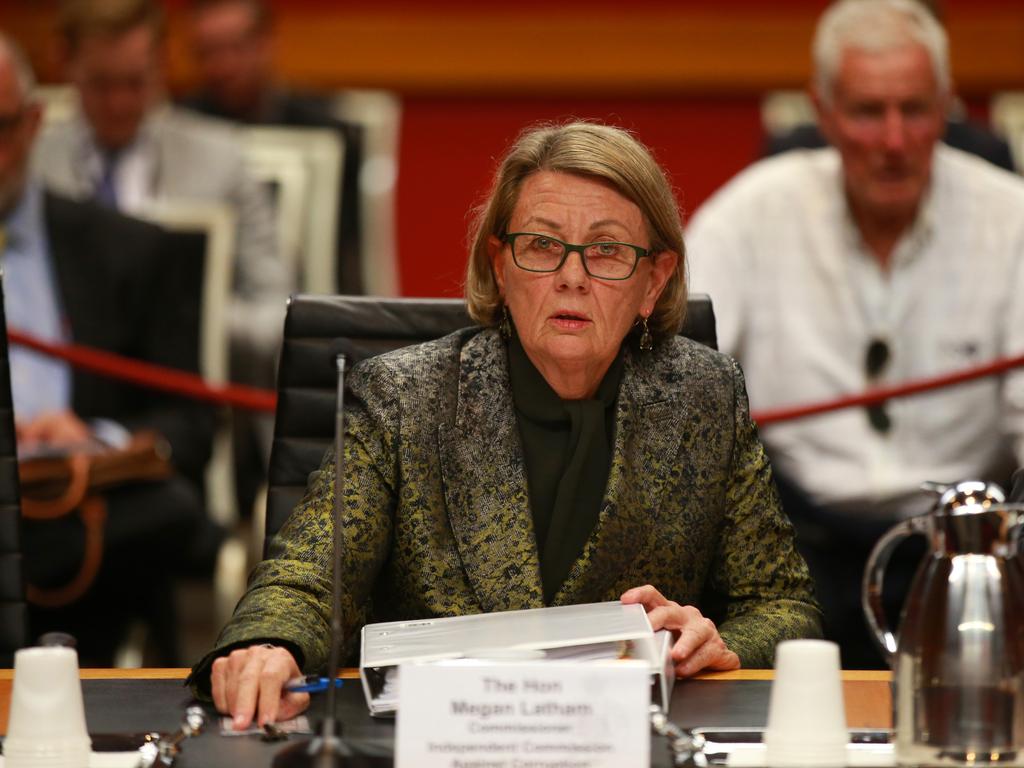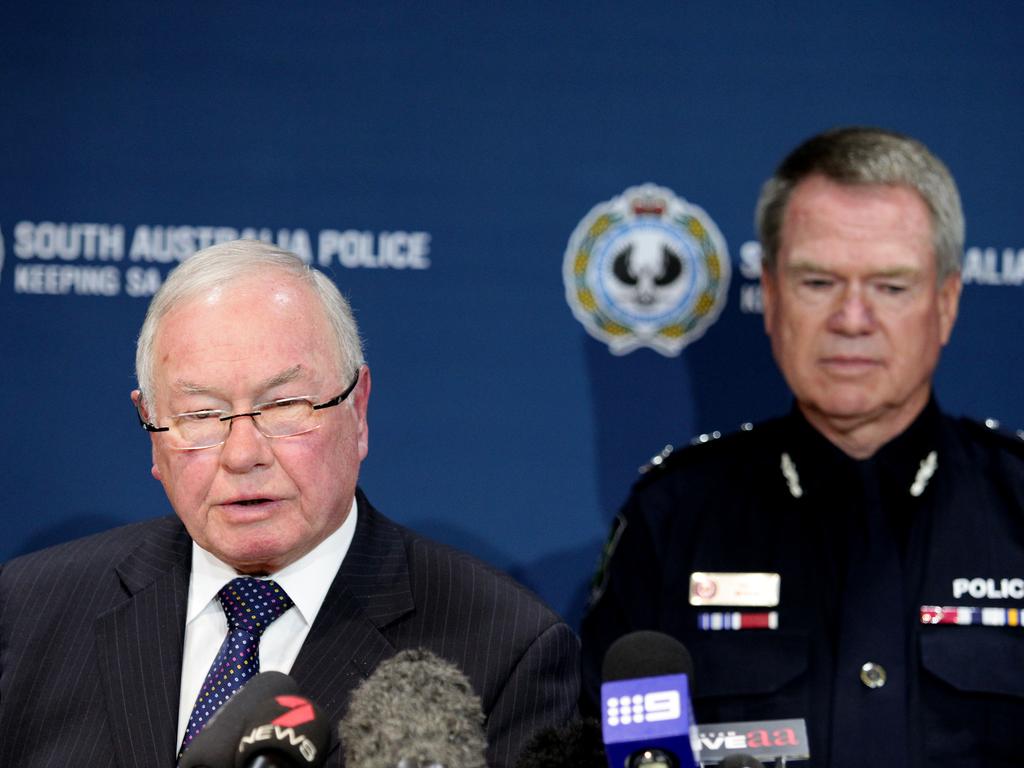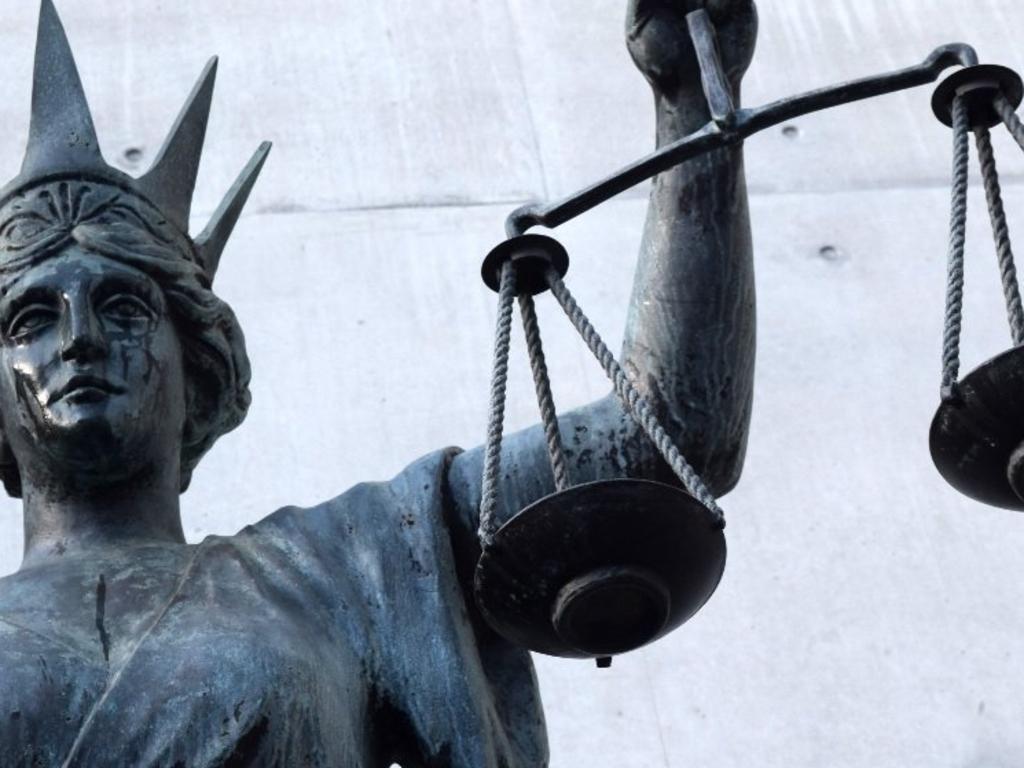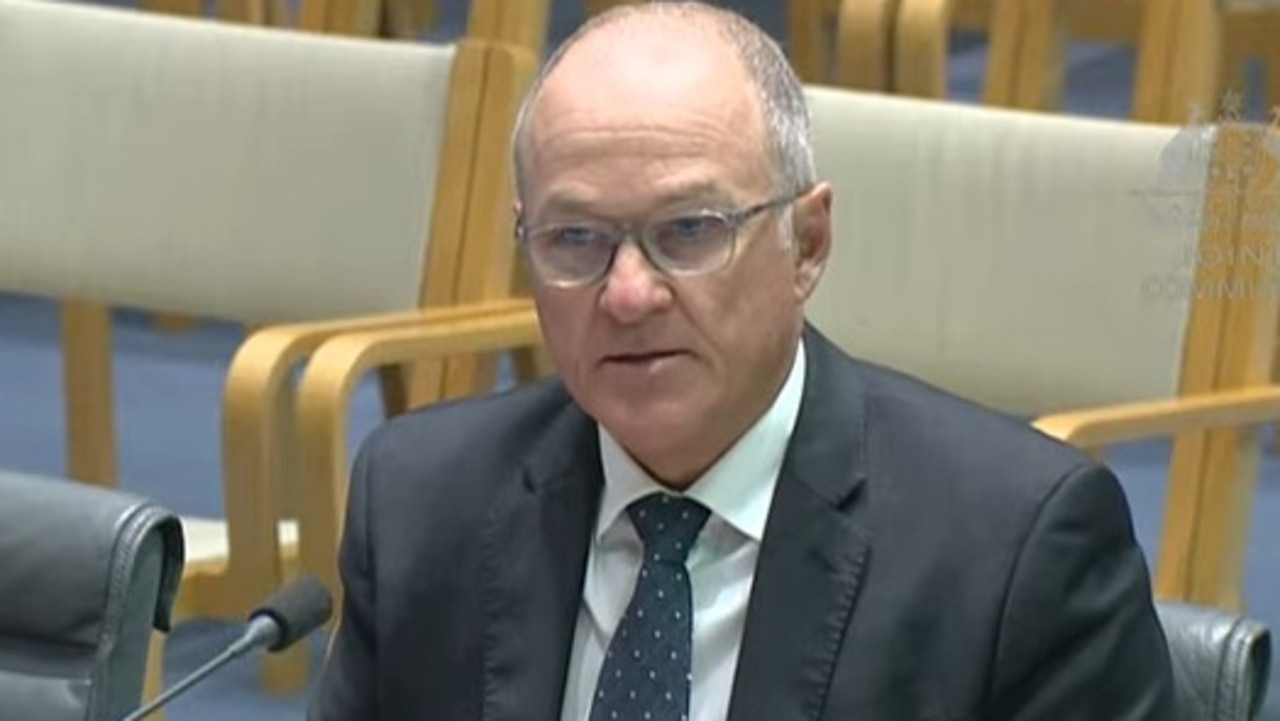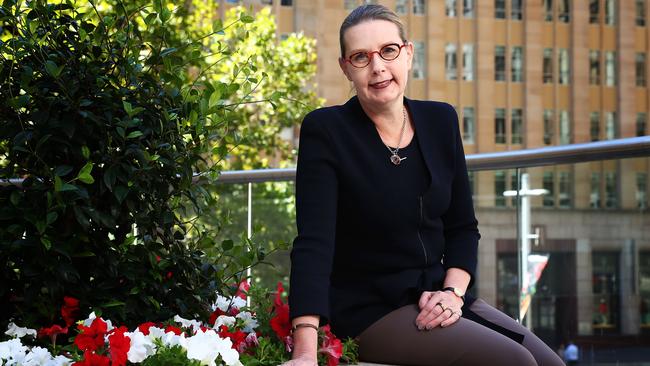
For six years, special legislation in NSW has excused a period of unlawful conduct by that state’s Independent Commission Against Corruption. But that might be about to change.
State parliament’s ICAC oversight committee is grappling with a question that might look like a no brainer: should ICAC be required to comply with the normal law just like the police, the judiciary and everybody else?
Or should it remain above the law, immune from liability for damage it inflicted in the past without lawful cause?
The fact that this is even a subject for debate shows just how far NSW has diverged from the rule of law. It shows once again that the government of former premier Mike Baird made an enormous mess of things in 2015 when it decided to appease ICAC.
The High Court had just made it clear that the commission had misunderstood its governing statute and had been exceeding its powers.
That misunderstanding meant it had made corruption findings against 128 people between 1989 and 2015 that had no basis in law. It had unlawfully inflicted damage and, if the normal law were applied, the commission would have been required to make amends — just like a negligent driver after a traffic accident.
But in NSW, this agency is above the law, thanks to the Independent Commission Against Corruption (Validation) Act which came into force in April 2015. It retrospectively “validates” the commission’s unlawful conduct — and demolishes the legal rights of those 128 people.
The future of this regrettable statute is now in doubt. After hearing from some of the victims of the commission’s unlawful conduct, the parliamentary committee has circulated a working document that raises this question: should the ICAC Act be amended to overcome the impact of the Validation Act?
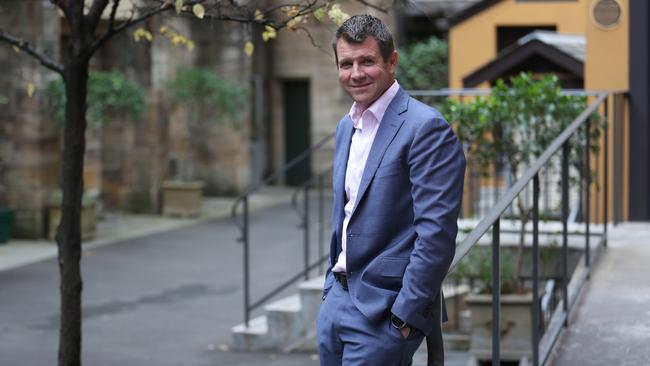
This is a step in the right direction. But by referring to the possible amendment of the Validation Act, instead of its repeal, there is a risk that the committee might be considering allowing some of ICAC’s misconduct to remain unaddressed.
That would mean the legal rights of some people are unworthy of respect — and some unlawful conduct by ICAC is acceptable. If equal treatment under the law means anything, there is no room for impunity. Every word of the Validation Act needs to go.
This is the same law that is at the heart of a reserved judgment in the NSW Civil and Administrative Tribunal. The tribunal is considering whether to force ICAC to disclose 16 documents concerning its lobbying of the media and politicians in the period leading to the introduction of the Validation Act.
The document circulating within the parliamentary committee shows that final decisions are yet to be taken on key issues from the committee’s inquiry into the reputational impact on those affected by ICAC inquiries.
It is still discussing whether to abandon public hearings and whether the NSW commission, like its South Australian counterpart, should make no public findings and simply refer the results of its investigations to the Director of Public Prosecutions.
Commission backed
In looking for ways to eliminate judicial bias, Sarah Derrington and the Australian Law Reform Commission have concluded that this problem requires institutional as well as legal remedies.
And in order to succeed, many of the commission’s ideas would require buy-in from the judiciary as well as the federal government. This is because the commission has come to the preliminary view that an attempt by the legislature to codify the circumstances in which a judge is disqualified for bias may raise constitutional difficulties.
But the commission also thinks the proposed federal judicial commission could be constitutionally permissible and could help prevent judicial bias.
In a consultation paper made public on Friday, the commission has joined those who believe any constitutional problems with such a commission could be overcome “if it can be designed in a way that fully respects judicial independence”.
This view comes after consultations with the NSW Judicial Commission, which is run by the judiciary, not the state government, and has an educational as well as a complaint-handling role.
Derrington, who is president of the Law Reform Commission, says the proposals in the consultation paper focus on enhancing the institutional structures that support impartial decision-making along with the implementation of transparent procedures and guidelines.
She says this is “foundational to the rule of law and the public’s confidence in the administration of justice”.
In a background paper on judicial ethics, the commission says that while discussions with fellow judges is the most common form of ethical support, it has been suggested that more structured support is needed.
If this were done through a federal judicial commission, it would complement the existing systems, some of which are growing quickly.
Will Alstergren, who is Chief Justice of the Family Court and Federal Circuit Court, says the judges of these courts are among the hardest working and deal with difficult, emotional cases.
“There is strong public interest in ensuring that our judges experience positive wellbeing. We recognise the important connection between judicial wellbeing and the ability of judges to carry out their duties,” he says.
“Since 2017, and particularly over the past 12 months, the courts have introduced significant measures to better support our judicial officers in performing their duties. These measures include access to professional support services, a rigorous and formal induction process for new judges, a formal and ongoing mentoring program, management and monitoring of judgments, and a counselling process with judges of the superior courts,” Alstergren says.
Chris Merritt is vice-president of the Rule of Law Institute.


